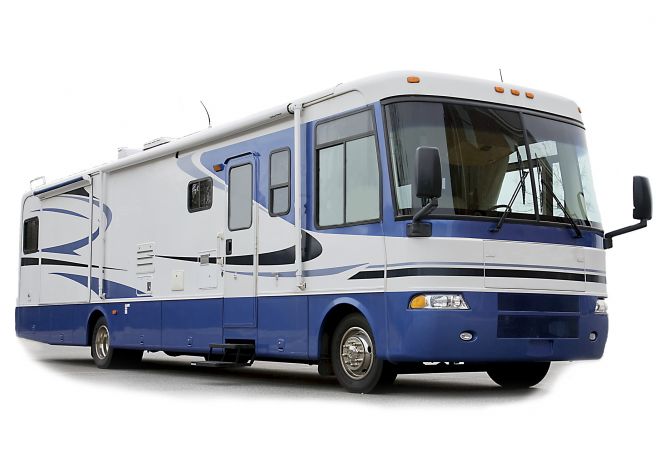RV insurance is a special type of policy that provides coverage for owners of recreational vehicles. While these recreational vehicles are motorized, regular auto insurance can’t provide adequate coverage for their users because it will leave a lot of crucial areas uncovered or inadequately covered. To buttress this point, here are a few differences between a regular auto insurance policy and RV insurance.
1. One Policy For Two
When you buy this policy it provides protection for both your auto and recreational vehicle. Both appear on one policy. This is very convenient, to say the least. And because you are, in effect, buying a policy for two vehicles, you get a multi-vehicle discount of up to 20% from some insurers.
2. Full Replacement Coverage
Many insurers who offer this policy will give you the option of getting full replacement for your RV if it is stolen or totaled within the first five years (for new RVs). This option is either totally unavailable with regular auto policies or just limited to one year.
3. Extensive Coverage For Personal Belongings
While a good auto policy might cover some of your belongings/content in the vehicle, the limit wouldn’t suit someone with an RV. With RV insurance you can choose how extensive coverage for your personal belongings should be.
4. Claims Are Handled By RV Experts
You don’t want to ever find yourself having to deal with people who don’t really understand RVs when you have to file a claim. The better people understand how you feel and what you’ve experienced, the better they can deliver great service.
5. Full-Timer And Campsite Liability Coverage
What happens when your RV is actually your home? Regular auto insurance policies don’t have any provision for that. However, with RV insurance, you can be sure that you’ll get the right type of coverage similar to what you’ll get from a homeowners’ policy — After all, it’s your home. You are also adequately covered if you decide to use your RV on a vacation. That’s where the campsite liability coverage kicks in.
6. Emergency Expenses
What happens if your RV is unusable for any reason? But remember this isn’t just any vehicle. It is probably your home. This policy reimburses you for lodging, transportation, and feeding.
7. High Liability
The bigger a vehicle, the more extensive the damage it will cause if involved in an accident. This means that you need more extensive liability coverage than you have in a standard auto policy. An RV policy gives you just that.
For those who may want to belittle this aspect, it is important that you appreciate the risk that you are exposed to if you are unable to meet up with your legal obligations. Lawyers will readily target your assets in order to get full compensation for their clients when you are judged at fault in an accident. This can set you back many years. That is, if it doesn’t render you bankrupt (liability suits are usually expensive). Therefore, this isn’t one area you can afford to joke with.
This is just to give you insight into why anyone with a recreational vehicle will be doing him/herself great injustice by opting for any other type of insurance protection instead of this specialized policy. It’s simply in your best interest.

